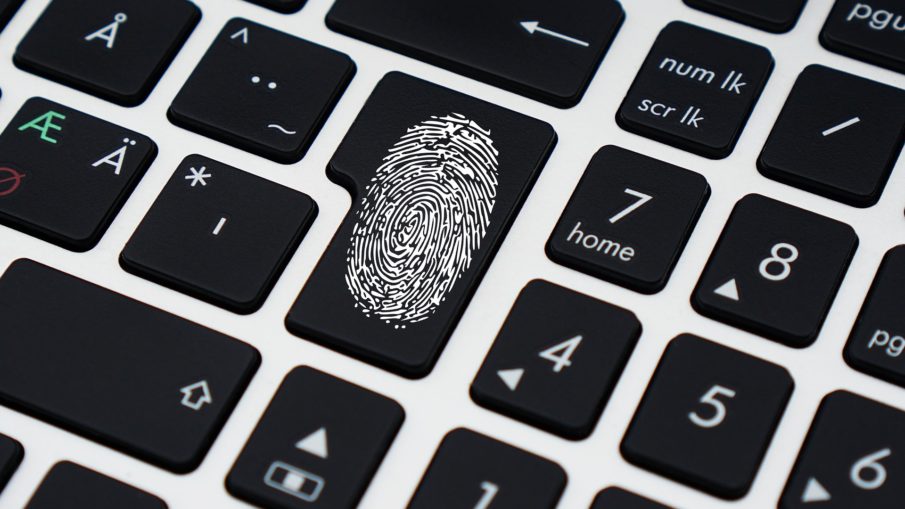Have you ever thought about what is the most alluring form of criminal for people nowadays? This questions might be odd, but the point of it is simple because most people probably think of something aggressive, movie-like. New technologies gave crooked fellows a new conquering grounds with a clean, hands-off approach. The reports given by the Federal Trade Commission and the IRS have placed identity theft on the top of their list. It’s not like nobody ever heard of it but not everyone gets the scale of it. In 2013 statistics showed a drastic increase of identity theft and cyber-crime, in fact, it’s so common that some elements of it are still happening every two seconds. The following year IRS reported $5.8 billion that ended up in the wrong hands, while last year Internet Crime Complaint Center reported approximately $1 billion worth complaints!
Average dollar loss per complaint in the year 2015 was $3,718.
Criminals get smarter every day, and a vast number of them doesn’t want to be physically involved with illegal actions. With the internet being used on a daily basis, their job becomes that much easier. Local computers, online shopping and bank transactions which we use 24/7 are the biggest profit opportunities for criminals. Each of these operations requires username and password logins, and those, when breached, are the stepping stone for every hack. No matter how complex your password is, it can’t be safe forever, not even to savvy PC users.
The internet is nasty, unprotected neighborhood and unprotected passwords are like unlocked doors with an invitation sign for burglars.
A Doorway to Private Space
When passwords get to the wrong hands they instantly give away one’s personal information, including credit card details, social security number, tax ID and medical insurance numbers.
What’s worst is that it can go unnoticed for months until it’s too late…
The most common mistake most people make is using a simple password that can be cracked in a few guesses. Trickier passwords can be breached too, in a matter of an extra 2-3 minutes… This is why experts recommend – either memorize your passwords, or keep them locally safe. Do not use cloud services or web based 3rd parties that can be hacked out of your control – and leak YOUR personal data.
FTC’s website offers some solid solutions when it comes to protection of personal information online, but they all require at least intermediate PC literacy. In addition, there are hardly any guides about how to keep passwords untraceable which is the main issue behind every internet fraud or worse. IT experts use the term digital footprint, and that’s exactly what your online data is, a trail that guides hackers through various pages to your information.
Solution
One solution to the problem is the creation of complex passwords, memorizing them in a safe place on your PC.
ShieldApps took part at the Affiliate Summit East in New York recently, where we had a chance to introduce our consumer-oriented applications. Two of them presented there is the perfect solution for both password and privacy protection. Both are minimalistic and easy to use, while at the same time are focused on every aspect of internet protection of the client. One single click after the installation doesn’t only improve online safety, but also wipes the user’s digital footprint from his/her machine within seconds.
Password Shield stands behind its name. This application is in charge of keeping all of your passwords stored and locked. Passwords are organized in categories which can be customized by the user. Come up with a strong master password to access the program. With only one pass other are protected. If by any chance you forget the pass for our product, you’ll get another one by email. Also, if a complex login password is forgotten it can be found using in-app search by typing only a part of it, a phrase or few characters.
To be 100% sure of your safety PC Privacy Shield will be in charge of deleting your data online – digital footprint.
The concept incorporates deep scan for digital logging traces, and of course – removal. Once run, the app displays every username and password ever typed and logged on the computer, every profile created (with detailed information like address, phone number, etc.), social security and credit card details and every chat correspondence! Only when are faced with this type of program which displays transparently every fragment of a digital life one can truly realize how easy all of it can be compromised. The interface is plain, just a couple of buttons that are doing the trick, mostly automated, to make sure none-tech-savvy users are also able to utilize it.
Digital footprint was the main focus of our team which succeeded to find a way to cover the most, if not all of the personal tracks online. The user is given the option to choose which passwords will be deleted and which will stay saved in the browsers. Advanced users will be happy to hear that scheduled clean up and dummy information layers (so one can replace true with dummy digital tracks) are also included. But the best part of it is that default settings handle all of the important operations, so common users can be safe with just one click.
Passwords may seem meaningless, but they are a doorway connecting real and virtual life. Leaving them unprotected can cause disruption of both. If we can lock our homes at night, we can as well click once a day for our online safety.

